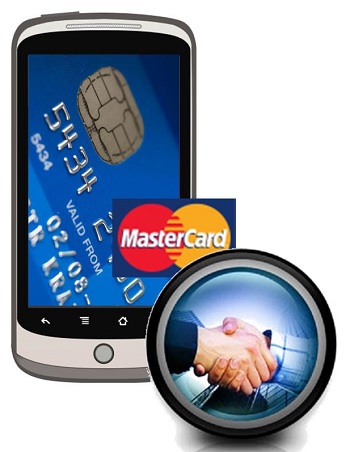This new partnership has just been signed between the two companies to allow for broad scale M-Pesa signups.
Vodafone has now entered into a deal with Moneygram, a specialist in currency transfers, which will make it possible for users to exchange mobile payments from among 200 different countries to other users who are signed up for the M-Pesa service.
The rollout is now being scheduled to occur in phases, starting in the spring of 2014.
Once active, it will allow consumers to use mobile payments to add money directly into accounts with M-Pesa or to send money directly through transfers from one account to the other. This will be possible through the mobile apps or through the official Moneygram website. This will help to provide a service that the companies feel is greatly needed at the moment.
There is a demand that is currently unfilled for sending mobile payments to family and friends worldwide.
According to the director of M-Pesa at Vodafone, Michael Joseph, “There is huge demand for sending funds back to family and friends in your home market and an estimated $90bn2 per year is transferred to M-Pesa markets from around the globe.” He went on to say that this newly formed partnership that his company has established with Moneygram will now allow them to offer the broadest network, worldwide, as well as the most access points for consumers who are hoping to be able to send money to users of the M-Pesa service.
M-Pesa is already available in a number of countries, particularly in the Middle East, South Asia, and Africa. These nations include India, Egypt, Tanzania, Kenya, Lesotho, the Democratic Republic of Congo, Mozambique, South Africa, and Fiji.
The purpose of this mobile payments service is to make it possible for “unbanked” individuals, that is, people who don’t have access to the traditional type of bank account, to be able to send money to one another through the use of their cell phones. This has made it especially popular throughout those regions of the globe and it is continuing to experience considerable use as well as growth, there.
Two major players in smartphone transactions have teamed up to boost the market – MasterCard and Weve.
 MasterCard and Weve have now come together in a partnership that is designed to help the mobile payments market to clean itself up, smooth itself out and become considerably more appealing to merchants and consumers alike.
MasterCard and Weve have now come together in a partnership that is designed to help the mobile payments market to clean itself up, smooth itself out and become considerably more appealing to merchants and consumers alike.
The scattered and inconsistent nature of the market is a major factor that is holding back the adoption of the tech.
This new mobile payments partnership is made up of credit card giant, MasterCard, and Weve, which is a joint venture comprising of the three largest mobile operators in the United Kingdom: O2, Vodafone UK, and EE. They will be working together to develop something altogether new and that will hopefully do what the market has failed to be able to provide until now.
They have described their goal of creating the U.K.’s “most comprehensive contactless mobile payments system.”
This is meant to help to create a contactless system for paying for products and services through the use of their smartphones and mobile devices, in a way that will be simple and convenient for consumers to use, while being cheaper to manage for banks. The role that MasterCard has taken on is to provide the system with the integration services and the technology to make it possible for financial institutions such as banks to be able to step into the payment platform from Weve.
Weve’s CEO, David Sear, said that this contactless transaction technology in the form of credit and debit cards has been taking off in the United Kingdom. He explained that there are currently 36 million people in the U.K. who are using this type of card, and that more than 300,000 retailers there are able to process this type of transaction.
Equally, he admits that paying over mobile devices using similar technology is “a bit of a mess”. He stated that it “may sound harsh, but it’s inescapably true; to date, the industry has created a level of discussion and confusion driven by a multitude of announcements that actually haven’t delivered mobile payments systems that works the way that consumers want and need them to.”


 MasterCard and Weve have now come together in a partnership that is designed to help the
MasterCard and Weve have now come together in a partnership that is designed to help the 